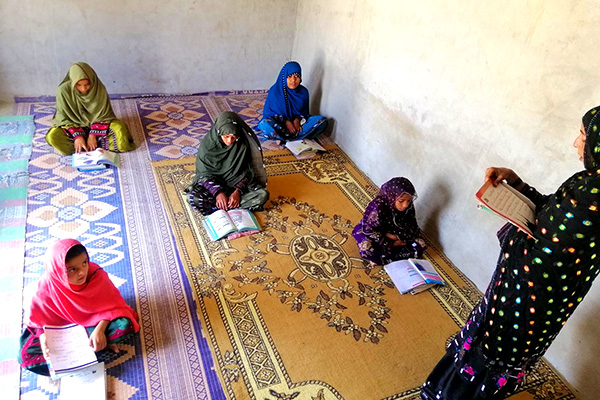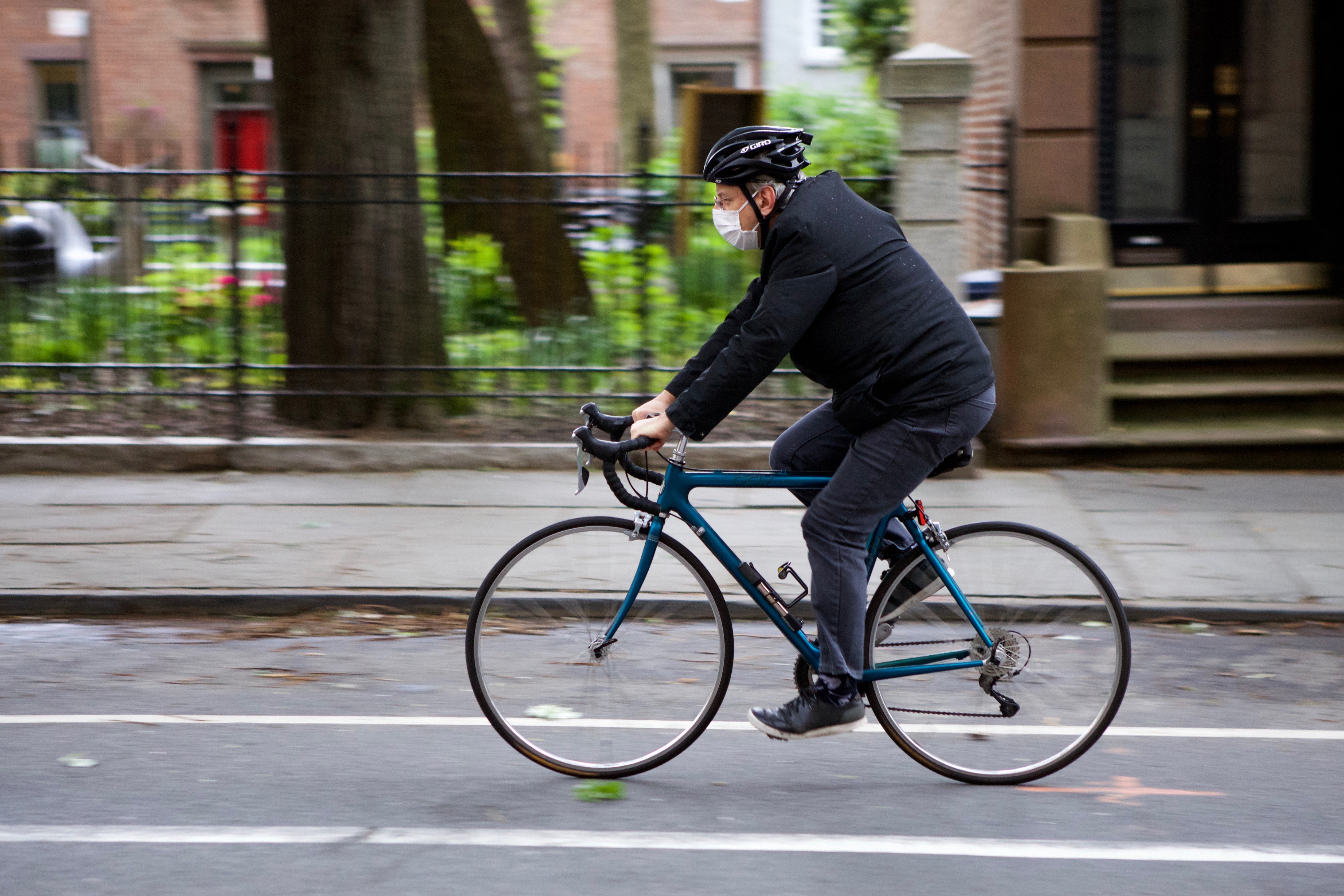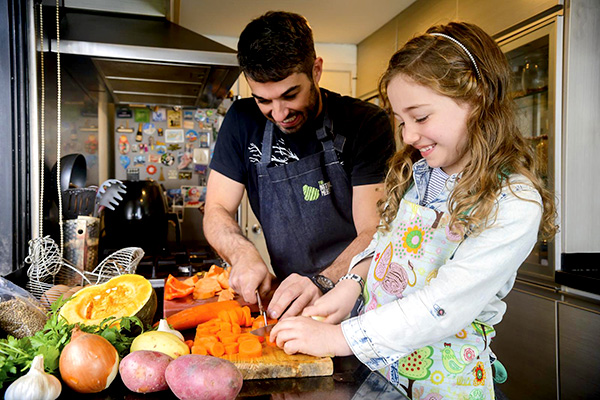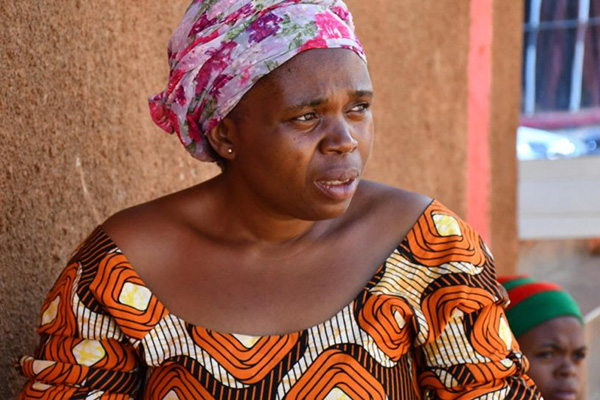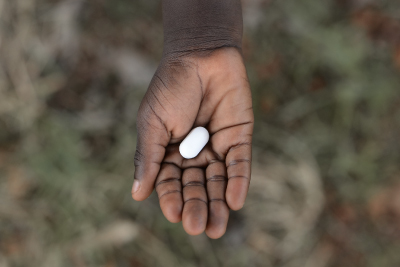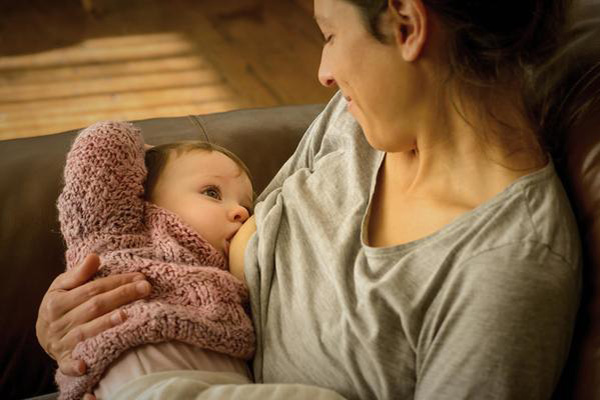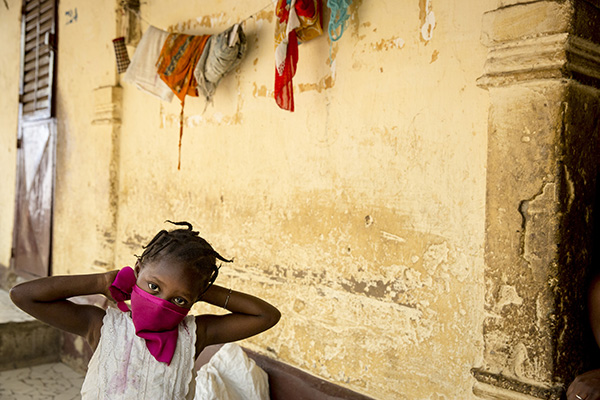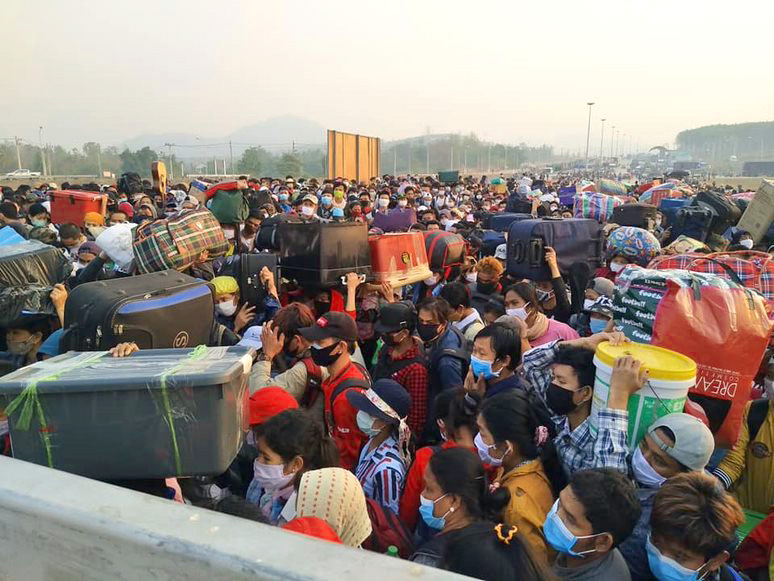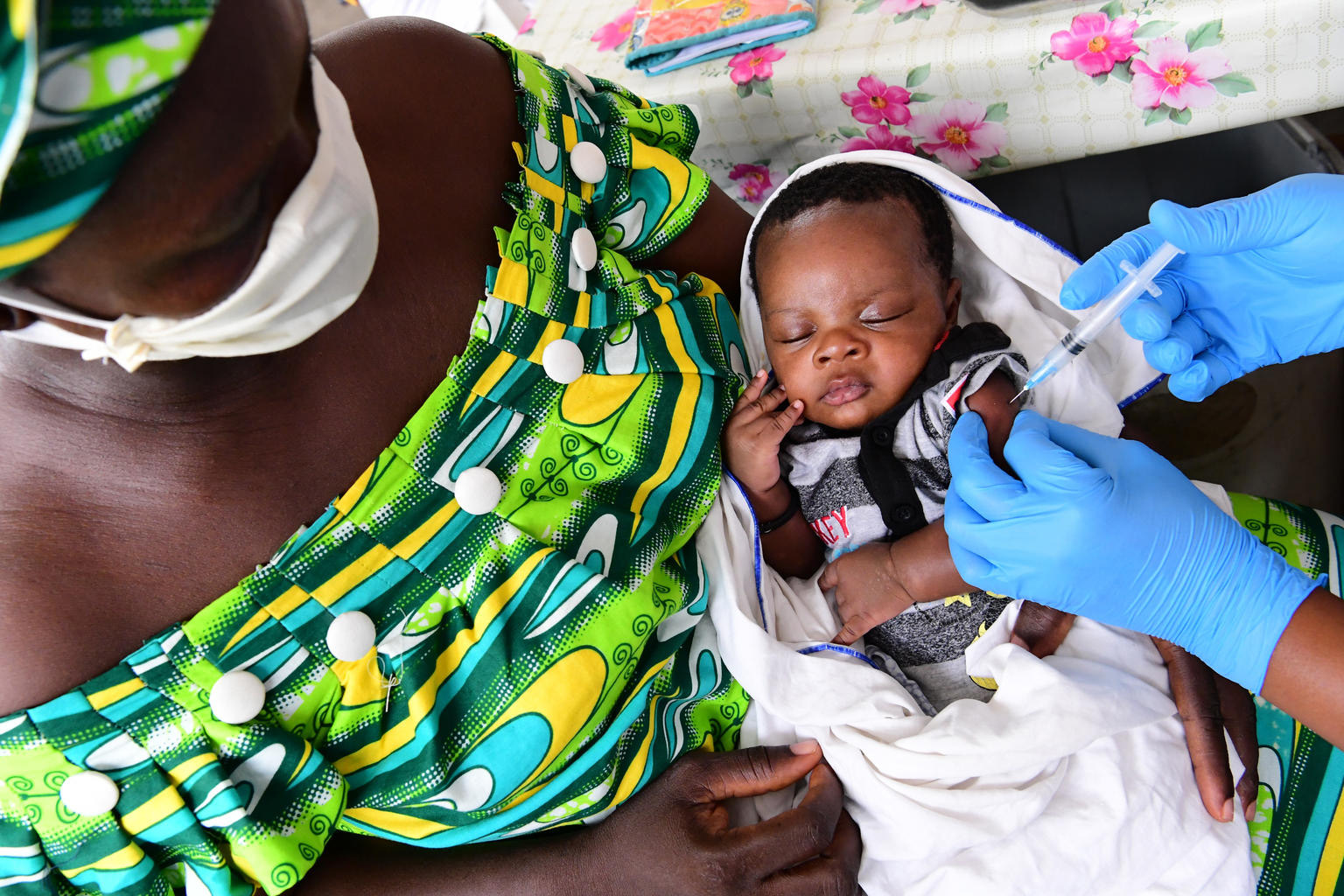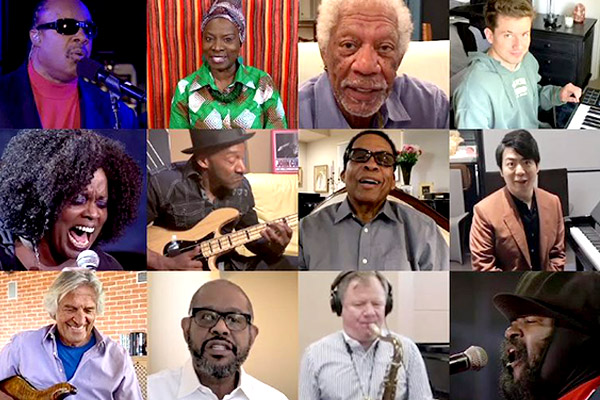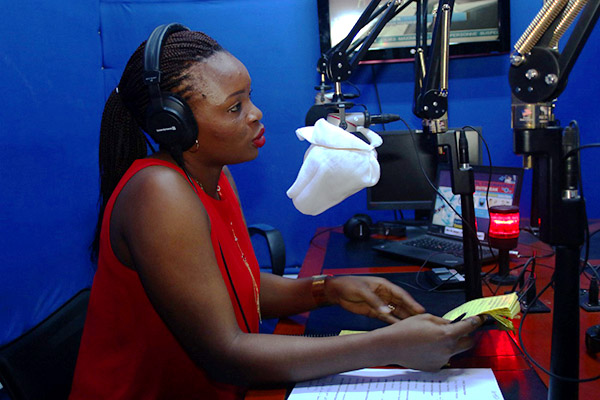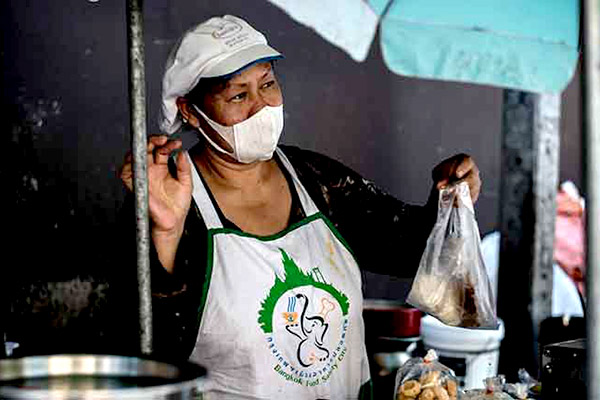Bringing the classroom home in Pakistan
Health
Since the COVID-19 outbreak was first reported in Wuhan, China in late December 2019, the disease has spread to more than 200 countries and territories. In the absence of a vaccine or effective treatment, governments worldwide have responded by implementing unprecedented containment and mitigation measures—the Great Lockdown. This in turn has resulted in large short-term economic losses, and a decline in global economic activity not seen since the Great Depression. Did it work? IMF analysis, based on a global sample, suggests that containment measures, by reducing mobility, have been very effective in flattening the “pandemic curve.”
Can bicycles be a solution towards an environmentally sound, healthy and sustainable COVID-19 recovery? On this World Bicycle Day, the United Nations encourages Member States to develop a culture of cycling and organize initiatives such as bike rides, while promoting safety and cycling mobility. On 3 June, the world observes World Bicycle Day, to celebrate this affordable, reliable and sustainable means of transportation. The bicycle fosters environmental stewardship and good health, providing a cost-effective form of transport while reducing many health risks.
Observed on 1 June every year, the Global Day of Parents provides an opportunity to appreciate all parents for their commitment to children. This year, the consequences of the coronavirus outbreak are being felt around the world and family life been upended by the COVID-19 pandemic. As the anchors of the family and the foundation of our communities and societies, parents have the responsibility of sheltering their families from harm. To help parents navigate this crisis, UNICEF is bringing together some of the world’s leading experts to provide guidance and tips for parents.
Uganda hosts 1.4 million refugees – more than 80,000 of them live and work in Kampala. Refugees who opt to live outside designated settlements are expected to be self-reliant and do not receive regular humanitarian assistance, in line with the government’s urban refugee policy. UNHCR tells the story of Mariney Karemere, a Congolese refugee who made and sold her handbags before the lockdown. The single mother of three now survives on food handouts from a community church.
With more than 100 projects to develop a COVID-19 vaccine underway around the globe – eight of which have entered the clinical stage – hope is growing for a miracle breakthrough. But so is concern over who would and would not have access to the shot, if and when one is approved. UNCTAD and the WHO have teamed up to respond to the urgent call to boost local production of essential medicines in developing countries.
A new report by WHO, UNICEF, and partners reveals that despite efforts to stop the harmful promotion of breast-milk substitutes, countries fall short in protecting parents from misleading information. Breastmilk saves children’s lives as it provides antibodies that give babies a healthy boost and protect them against many childhood illnesses. Agencies encourage women to continue to breastfeed during the COVID-19 pandemic, even if they have confirmed or suspected COVID-19.
Mobile phone partners of UNESCO’s Global Education Coalition have stepped up to provide free access to online educational content for students affected by COVID-19 induced school closures.
In the face of the COVID-19 crisis, the IMF urges policymakers to use the opportunity to make fundamental changes to protect the most vulnerable when future shocks inevitably occur.
Refugees at the Innovation Lab in Za’atari refugee camp have designed a robot prototype made from LEGO which automatically dispenses sanitiser so people don’t have to touch the bottle. Their aim is to help prevent coronavirus and contribute towards the global effort to control the disease.
As instances of hate speech, stigma, discrimination and xenophobia continue to rise as a result of COVID-19, the United Nations works to ensure that solidarity prevails during the pandemic. According to the IOM, stigmatization during crisis situations is not new. Migrants have often been scapegoated for endangering native populations. Therefore, efforts by the IOM include follow-up calls to migrant communities returning home to check on their wellbeing. Additionally, the UN has issued guidance to address COVID-19 related hate speech to also fight the virus of hate.
As COVID-19 disrupts the response to a whole host of preventable diseases, such as measles and malaria, the United Nations is working to ensure that essential health services remain accessible during the pandemic. Analyses from the 2014-2015 Ebola outbreak in West Africa indicate that more people died from measles, malaria, HIV/AIDS, and tuberculosis due to health system failures than from Ebola, according to a World Health Organization (WHO) report, which highlighted the urgent need to maintain essential health services while simultaneously fighting COVID-19.
When this year’s live jazz concert to celebrate International Jazz Day was cancelled due to COVID-19, musicians planning to perform in Cape Town, South Africa, decided instead to live-stream their music from their homes. Musicians around the world performed in tribute to frontline responders - doctors, nurses, scientists and every single health care worker who have been working tirelessly day in and day out, risking their own safety for ours. Demonstrating the power of music to inspire global solidarity, the event is among the many UN-supported cultural responses to COVID-19.
From sharing vital health information about COVID-19 to providing educational programmes during school closures, radio stations operated by United Nations peacekeeping missions are now offering vital services amid the pandemic. Radio Okapi, the station of the UN peacekeeping mission in the Democratic Republic of the Congo (MONUSCO), has become the first media outlet to respond to a request from the Congolese Government to provide education via radio. Radio Miraya, the station of the UN Mission in South Sudan (UNMISS), is helping the country’s awareness-raising campaign.
The COVID-19 crisis has exposed gaps in social protection coverage in developing countries, and recovery will only be sustained, and future crises prevented if they can transform their ad hoc crisis response measures into social protection systems, according to the ILO. While the virus does not discriminate between rich and poor, its effects are highly uneven. The brief also warns policymakers to avoid a singular focus on COVID-19 and not reduce access to care for other conditions.

